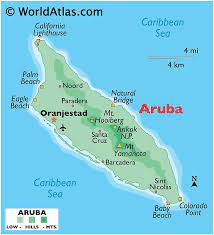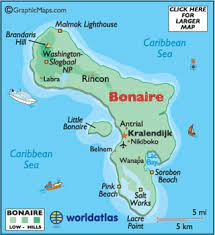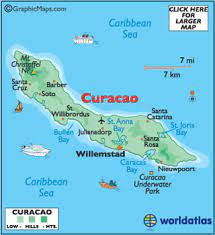ECLAC Report for 2024
January 21, 2024 Uncategorized
Low Growth Trajectory expected in Latin America and the Caribbean in 2024
The United Nations regional body is anticipating a slowing down in regional growth in Latin America and the Caribbean in 2024. This is according to a recent press release from ECLAC.
The Economic Commission for Latin America and the Caribbean (ECLAC) said its last report for 2023 showed that the regions’ projected growth for the year was 2.2% and it is likely to slow to 1.9% in 2024. This shows a deceleration in levels of growth compared with 2022.
In 2022, the Caribbean (excluding Guyana) grew by 6.4% economically, and it is expected to slow its trajectory to 3.4% in 2023, and to 2.6% in 2024.

The knock on effects
This indicates that there could be a deceleration in job creation and other challenges like informality gender gaps continuing.
“Latin America and the Caribbean’s low growth may be aggravated by the negative effects of an intensification of climate shocks, if the investments that countries need in climate change adaptation and mitigation are not made,” said ECLAC’s Executive Secretary, José Manuel Salazar-Xirinachs.
Salazar-Xirinachs stressed that “there must be a considerable increase in concessional financing (offering more generous terms than conventional financing). Doing so will help encourage investors to stick with investment plans over time. These efforts must be accompanied by domestic macroeconomic policies that favor resource mobilization. This would include government actions such as boosting public projects to promote investment and economic growth.
The report stated that “given the challenges of boosting growth and tackling climate change, it is essential to enhance public and private investment. Public investment in the region is low in comparison with advanced economies, and even other developing regions.
“This low level of investment has translated into a stock of public capital (infrastructure) that is insufficient. More spending will be necessary to boost economic growth and development.” So, increased government investment in infrastructure projects would mitigate the affects of the slow down by hiring more people and injecting cash into the economy.
The report advocates for a multifaceted approach encompassing productive development, macroeconomic strategies, and international reforms to create a more sustainable and inclusive economic future for Latin America and the Caribbean.
Additional reports
A report by FichtSolutions.com supports the report by ECLAC and adds that the slow down in 2024 comes after several years of growth after the the end of the COVID lockdowns. The report also mentions that the slowdown will partly be due to a forecasted recession in the U.S. It is expected to stat in the second quarter of 2024, directly affecting tourism.
Past 2024, FichtSolutons.com expects a rebound fueled by a tourism recovery that is expected to last into 2028.
Conclusion
Stated succinctly, the ECLAC report recommends four key measures to be addressed in 2024: 1. fiscal space enhancement, 2. management of financial and foreign-exchange risks, 3. mobilization of concessional financing and development banking, and 4. the establishment of debt relief mechanisms linked to climate targets.
The potential impact on the ABC Islands 


The slowing down of the economies in the region could have a negative effect on Aruba, Bonaire and Curaçao. These islands rely heavily on tourism and a decline in the number of visitors will impact the hospitality and service sectors.
Economic decline could also lead to a reduction in demand for the goods that the ABC islands export, and may include commodities and certain manufactured goods.
It will be important to keep an eye on foreign investment on the islands. A slow down in foreign investment projects could translate into a short term decrease in the creation of new jobs and stagnate salaries.
ABC islanders’ purchasing power could be affected if the economy declines. So, measures to mitigate this result should be of great importance to the local governments.
The islands’ governments may need to re-evaluate their spending priorities. This could have social repercussions on poverty levels, social inequality, and the provision of social services.
ECLAC indicated that there needs to be changes to the international financial and tax structure to help the regions’ countries achieve the Sustainable Development Goals and attract resources.
All three islands have benefitted from a boost in tourism in 2022 and 2023. So, It will be important for the governments to take action to support economic growth and stability in 2024.
Being aware of this potential slow down, and preparing for it is important. By doing so, the region will get through 2024 with minimal fallout and on to the upswing expected in 2025.








